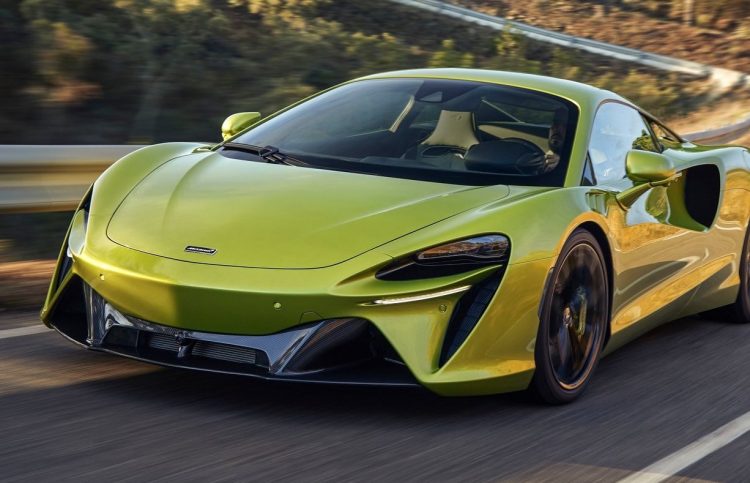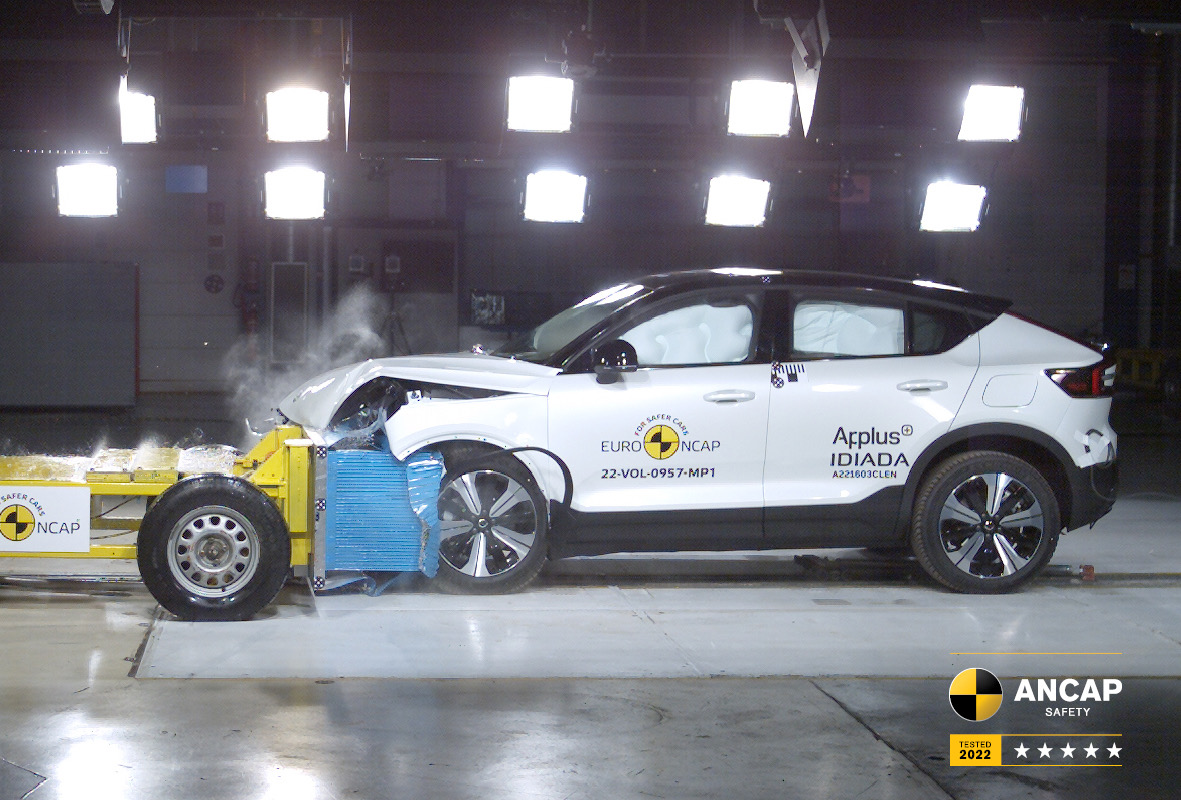McLaren is already well into the development of a radical new design for the company, with a battery-electric SUV reportedly currently in development at McLaren’s Woking headquarters.
If the report from Car Magazine proves to be accurate, the new model will prove pioneering in two major ways for the company; becoming McLaren’s first battery-electric vehicle and the first SUV from the supercar specialist.
According to the report, McLaren’s previous CEO, Mike Flewitt, had shut down previous proposals of an SUV from the company, whereas the company’s new chief, Michael Leiters, sees it as a valuable proposition for the McLaren brand. Speaking with Car Magazine, Leiters said:
“I’m totally convinced this company can be profitable. It can be profitable with a streamlined version of today’s lineup. But I think it can be even more profitable if we think also about new segments and new car concepts.”
This has left little doubt in the mind of industry experts that McLaren is looking to cash in on the SUV segment’s tidal wave of popularity, although this requires a careful balance that doesn’t water-down the brand’s pedigree.
Leiters addressed this in the interview, stating: “Why shouldn’t you offer something for a totally different purpose without negating your brand DNA? I think there are very, very good examples in the market which have shown how it works.”
This is particularly interesting considering Leiters’ previous position at Porsche as the vehicle line director of the Macan and Cayenne SUVs, and the chief technology officer for the Ferrari Purosangue SUV.
A brand new, lightweight platform and extensive use of carbon fibre is likely to be the key for McLaren, with the chief stating that the platform “has to be lightweight” and that “carbon fibre is one of the best ways” to do it.
As for the powertrain, it’s expected to adopt a fully electric system, hinging on the developments of the Artura hybrid supercar (pictured above). It would become the brand’s first fully electric model. In regards to full electric power, Leiters is quoted as saying:
“I could [do it] but it’s not a convincing product because weight is too high. [Impressive] longitudinal acceleration with battery cars is not a problem: you can have that in a limousine or an SUV with 1000kW [of power].”
For now, we’ll have to wait and see what McLaren has up its sleeve, with the likely arrival for the company’s first-ever SUV and battery-electric vehicle set for 2026.

